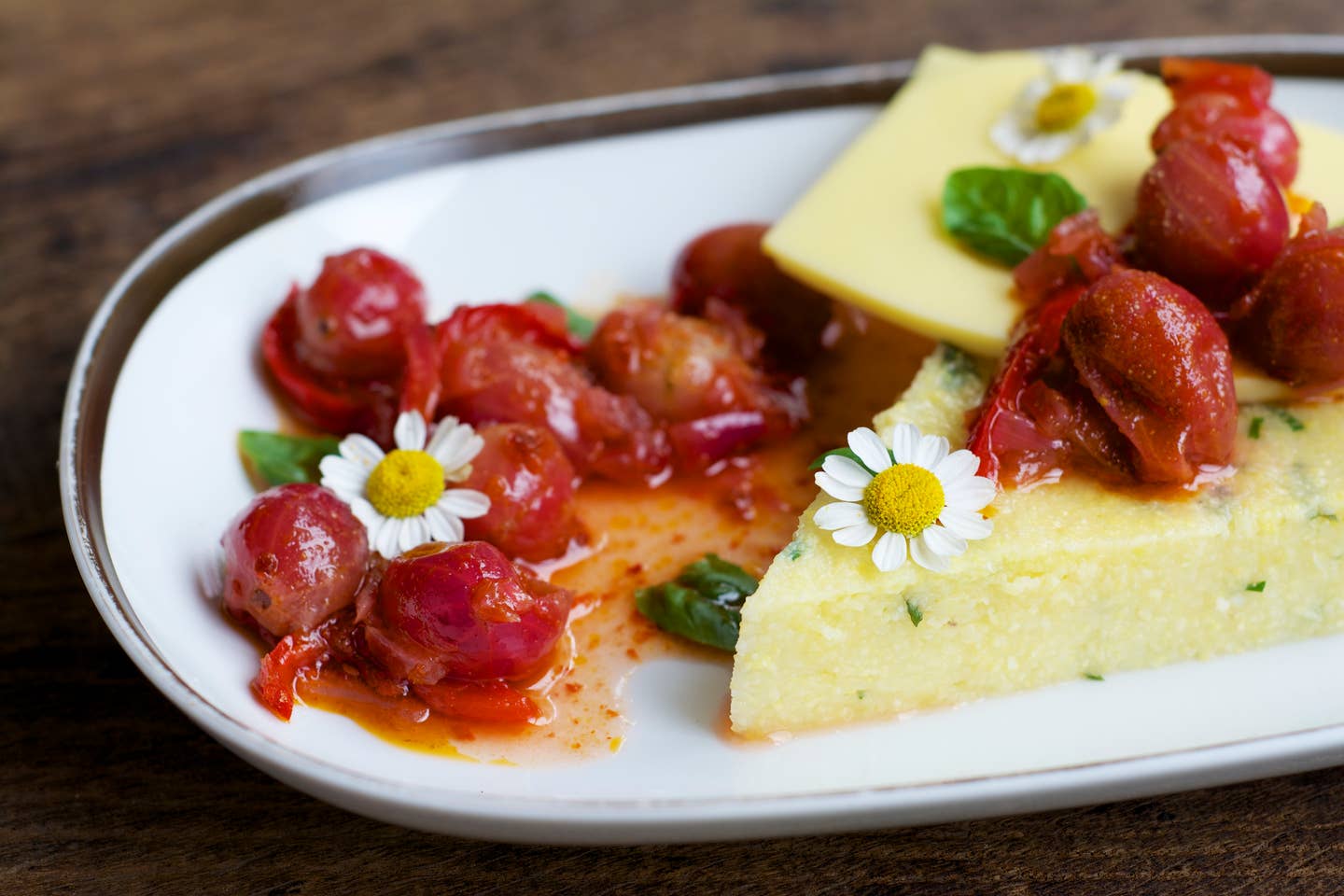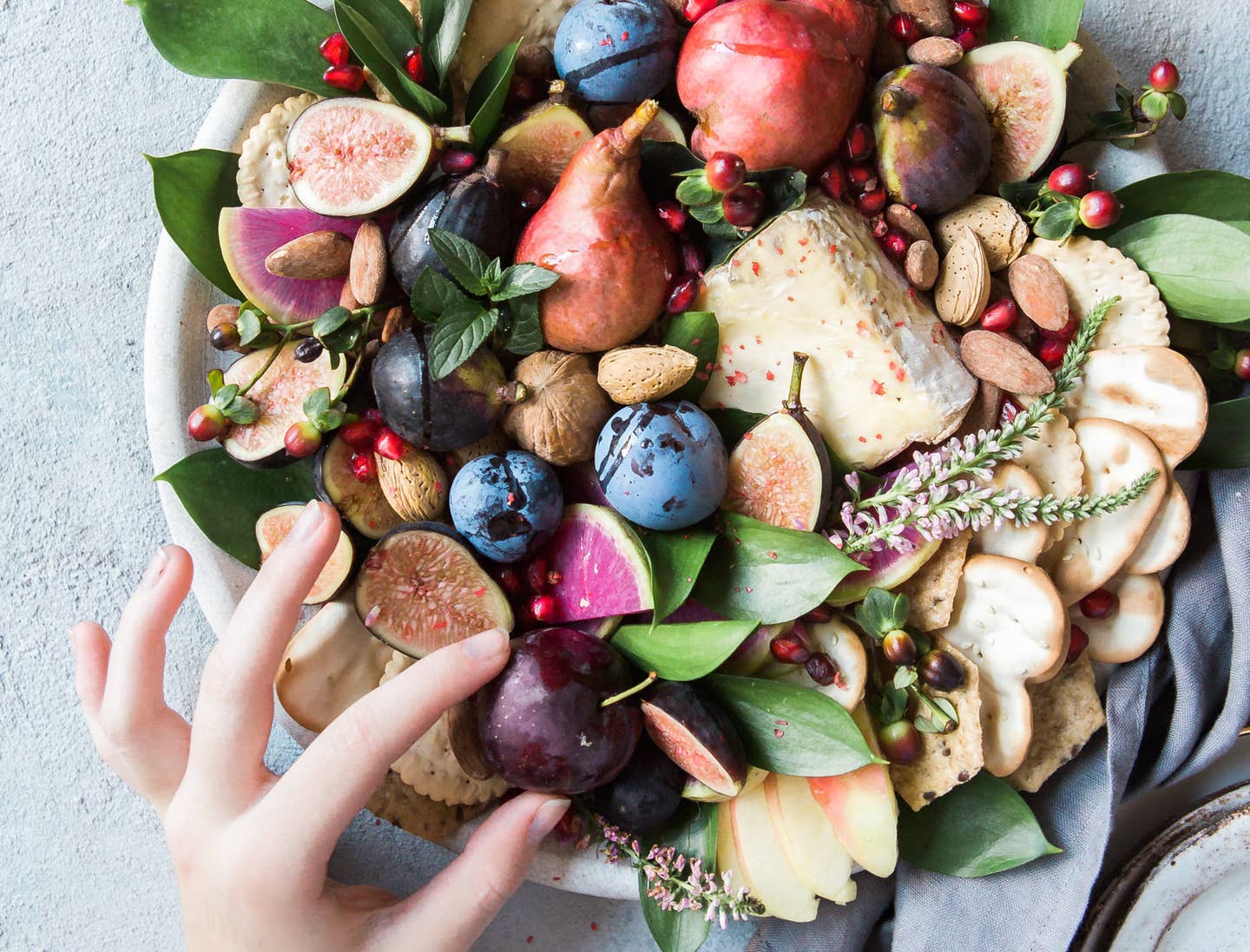
Are Vegan Cheese Alternatives Better For You Than Dairy?
People commonly cite cheese as an obstacle to adopting an all-in plant-based lifestyle. Not only are our taste buds trained to positively respond to high-fat foods like cheese, but we have also been inundated with decades of campaigns like “Got Milk?” government-subsidized cheese commercials, and a misleading food pyramid that recommended dairy be consumed on a regular basis.
But as people become more educated and science reveals that plant-based foods can support a more healthful body, more people than ever are empowered to ditch dairy for good. There are also more cheese replacements than ever making it easy and convenient to adopt satisfying alternatives. But people often wonder: Is vegan cheese bad for you? When it comes to what you determine is best for your health and overall lifestyle, here are the facts so you can make your own informed decision.
Why is dairy cheese unhealthy?
Before we explore vegan cheese, let’s talk about dairy cheese and why you might even consider a dairy-free alternative. There has been extensive research about dairy consumption tied to cancer, Type-2 Diabetes and various other diseases. When published in 2004, Dr. T. Colin Campbell’s book “The China Study,” and paper, Dairy Protein Causes Cancer, provided shocking revelations based on over two decades of research that showed casein, the protein in animal dairy, increased growth of cancer cells. In addition, a study published by the National Cancer Institute found that women who ate the highest amount of cheese had a 53 percent increased risk for breast cancer due in part to dairy containing growth hormone, shown to be a factor in hormone-driven cancers. Also, a large portion of the population is lactose sensitive and suffer from GI tract distress after consuming dairy. People report having better digestion, and a general feeling of better gut health when eliminating cheese from their diet. These are just a few of the evidentiary-based reasons dairy cheese can be considered unhealthy and can do more harm than good in the body.
Is vegan cheese a healthy dairy-cheese alternative?
Plant-based (or vegan) cheese products have come a long way in the last ten years. While technology and cell-based agriculture are just starting to replicate the proteins that give cheese that melty, stretchy texture and rich taste, most on the market today are made from nuts, seeds, and soy, and can be a suitable dairy alternative. Many vegan kinds of cheese are also fortified with essential nutrients like B12 and plant-based vitamin D, ensuring they are also nutritious. Ingredients that vegan cheese is made from—like nuts, soy, vegetable protein, and seeds—are deemed healthy components of a balanced diet. A study published in the Progress in Cardiovascular Diseases Journal found that a diet containing plant-based protein, fiber, and nuts both improved blood pressure and lowered cholesterol.
But not all plant-based cheese is created equal. While you might be tempted to reach for the first vegan cheese you see on a shelf, you’ll want to check the ingredients as many tend to be high in sodium and saturated fat. One thing to pay attention to is vegan cheeses that are made with oil. Commonly, coconut oil is used as a base for plant-based cheeses, however, note that these tend to be high in saturated fat. While there is some debate over the impact of coconut oil on the body, it’s arguably better than fat in dairy cheese since it contains Medium Chain Fatty Acids (MCFAs) which are more easily available to the body as an energy source. At the end of the day, it’s still a saturated fat, so be watchful of how much you consume.
The simpler ingredients in vegan cheese, the better
Today you can find many high-quality vegan cheeses that are very simple, made with a cashew-nut base—a commonly used nut in vegan cheeses since its taste is neutral—and contain few ingredients void of oils and other fillers. If you are looking for minimal intervention products, choose a vegan cheese with a clean, short ingredient list like cheeses and spreads from Misha’s Kind Foods, Reine Vegan Cuisine, and Three Girls Vegan Creamery to name a few fan favorites.
If you get creative, you might be able to forgo vegan cheese altogether and opt for other ingredients. It can be helpful to understand the flavor profile you are trying to replicate with cheese, and perhaps see if there is a whole-food alternative first. “Umami is a deep ‘fifth flavor’ that you find in dairy, especially in aged cheeses,” explains Katie Simmons is a Personal Chef based in Chicago, and certified in plant-based nutrition. “Umami comes from glutamates. These glutamates can also be found in plant-based foods like nutritional yeast, soy sauce (or tamari), fermented foods, and mushrooms. Cooking with these ingredients will help add umami flavor, without the dairy.”
At the end of the day, vegan cheese can be a good alternative to dairy cheese. With no carcinogenic animal proteins, growth hormones and saturated animal fat, vegan cheese is a safe and healthy option. You can also consider finding spices and flavoring, like nutritional yeast, that might help add some cheesy flavor especially if you are leaning to a more whole-food plant-based diet. In moderation though, eating plant-based cheese can be an enjoyable part of a balanced diet.
More From The Beet






